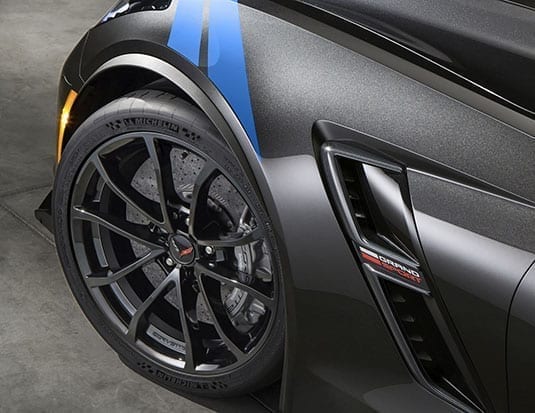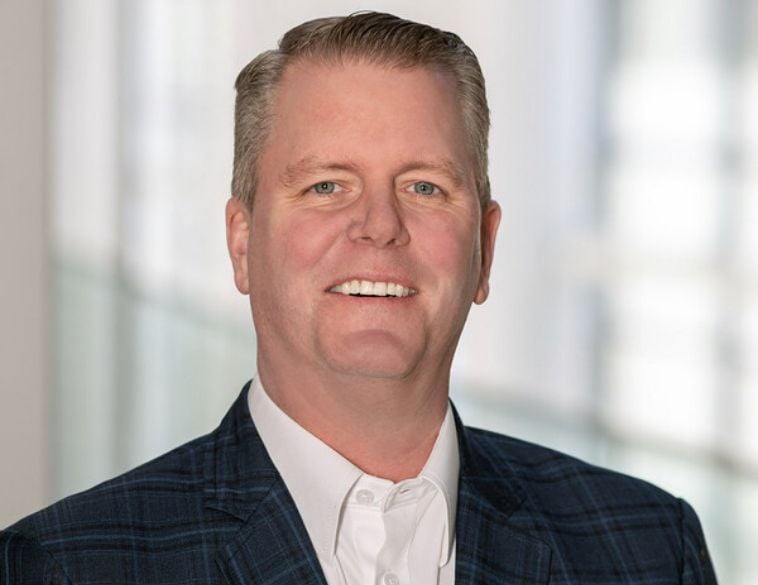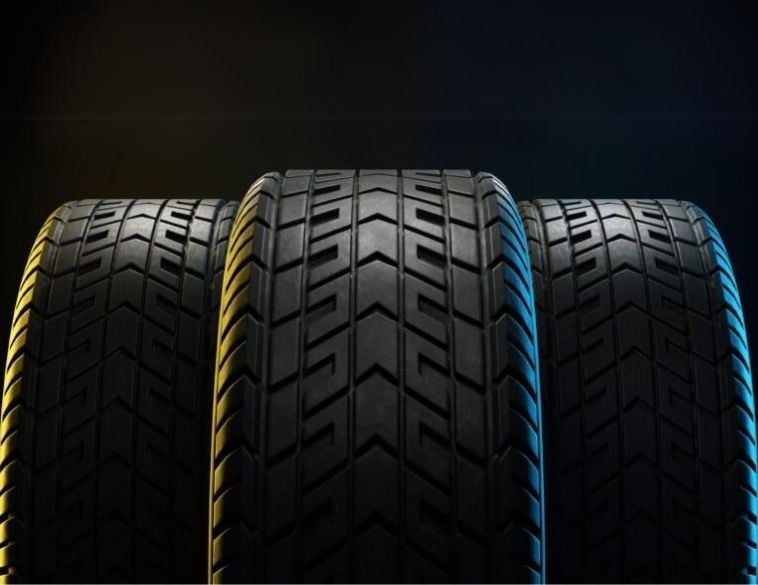Know your wheels and what you need!
There’s a word of advice I wish I’d gotten a long time ago when I was first starting out. And that’s doing your homework when you buy your tools and equipment.
For example, there are so many different kinds of tire machines on the market today. You need to upgrade your equipment to keep up with the new generation of wheels. Those wheels have become expensive, so you don’t want to damage them. Wheels have become wider, and we now have ultra high-performance tires, with very thin sidewalls. Clad wheels are getting popular, where it’s a steel wheel with a plastic cover.
Being able to handle all the different tires that come into your shop gives you a huge advantage over the competition. People have so many options–you need a reason why they should come to you–you’re the professional, you and your people are properly trained, and you have the right equipment.
Riding comfort
So you need to know these wheels, have the right equipment to deal with them and know how to mount and balance them. The industry has changed the tire and wheel assemblies, and the equipment industry has to keep up with them. With today’s cars, it’s all about horsepower and riding comfort. The number one thing that hits the ground is the tires and the wheels! They have to be completely balanced and have service performed on them correctly. If they’re not balanced correctly, the car will have a vibration.
Your equipment and your tools are constantly updating. Lifts, all the support tools that go with them, air compressors, lines, impact guns, torque wrenches, and correct sockets to fit the application.
It’s quite an investment, isn’t it? So take care of them, keep them clean, up-to-date, and in safe working order. The same goes for your Personal Protective Equipment—it needs to be clean and safe, and in good working order.
Try before you buy
That’s also why, before you buy it, you should try it out. Make sure you understand the piece of equipment, make sure the tool you’re using is what you want for what you’re doing. Make sure it does what it says, and that you understand how much updates cost so you can work them into your prices.
And if you’re buying a tire machine for $5,000, it might seem like a good deal. But for $8,000, you can get a better tire machine and double your output. If you go with the cheaper stuff, you’re not going to be able to make more money. So cheap is not necessarily better in this case.
If you buy a diagnostic tool and you need to spend $1,000 a year to update it, you need to know that so you can put that into your wages. Those are really based on the equipment you have. If you have expert diagnostic equipment for troubleshooting cars with check engine lights and TPMS lights, you can also charge more money.
So, you can up your hourly wage, but your people have to be trained and have the proper equipment. When you have well-trained people, a well-maintained building, the correct equipment, and a good parking lot, that’s what today’s customer is looking for.



